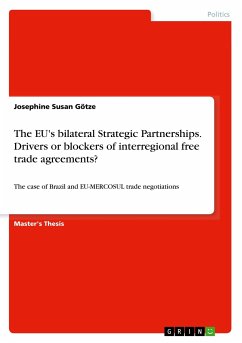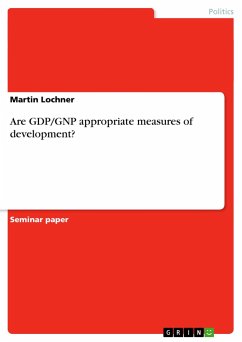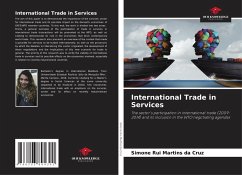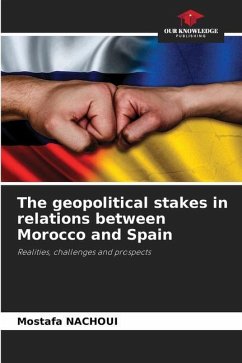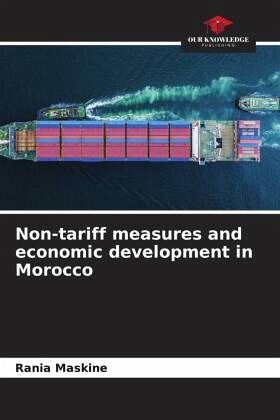
Non-tariff measures and economic development in Morocco
Versandkostenfrei!
Versandfertig in 6-10 Tagen
40,99 €
inkl. MwSt.

PAYBACK Punkte
20 °P sammeln!
For years, high tariffs were the main barrier to trade, but in recent decades, international trade has been marked by a major decline in the application of tariffs by many countries around the world. This can be traced back to the spirit of the Gatt and World Trade Organization (WTO) agreements, multilateral, bilateral and regional trade agreements, which aim to ensure trade liberalization, and this is the case of the free trade agreements between Morocco and a number of countries including the United States, Turkey, and the European Union.However, in the face of this gradual reduction in cust...
For years, high tariffs were the main barrier to trade, but in recent decades, international trade has been marked by a major decline in the application of tariffs by many countries around the world. This can be traced back to the spirit of the Gatt and World Trade Organization (WTO) agreements, multilateral, bilateral and regional trade agreements, which aim to ensure trade liberalization, and this is the case of the free trade agreements between Morocco and a number of countries including the United States, Turkey, and the European Union.However, in the face of this gradual reduction in customs duties, a strong increase in non-tariff measures has emerged. For example, Morocco's trading partners use few customs duties as a means of protecting their industries; their trade policy instruments are based mainly on import permits or licenses that are very difficult to obtain, quality requirements, and technical rules and standards.



